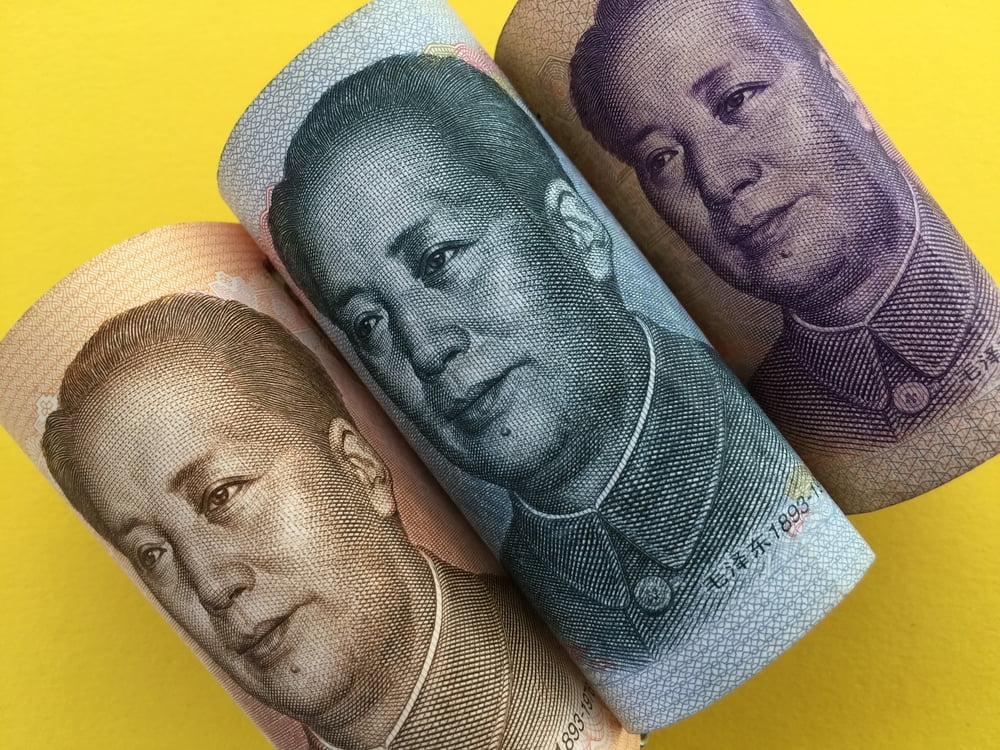There are many consequences of China’s recent cryptocurrency regulatory measures. One positive impact is the fact that China is no longer a factor in regards to Bitcoin’s price, which set a new all-time high this week. At the same time, the country’s central bank plans to go ahead with RMBCoin, which will be China’s own central bank digital currency. This news is anything but surprising, as it seems to have been the plan all along.
RMBCoin is here to stay
When the Chinese government announced its crackdown on ICOs and CNY trading for cryptocurrency exchanges, it was evident all of this was done as part of a bigger picture. More specifically, the government is seemingly planning to focus its attention on RMBCoin once again. This concept has been around for nearly two years now, even though it remains to be seen if it will be a viable project in the long run. After all, a lot of countries want their own national digital currency, and every single one of those currencies will be issued and controlled by the national central bank.
In the case of China, that means the People’s Bank of China will be in full control of RMBCoin and its issuance. That’s not necessarily something to look forward to, even though the government feels it is the only viable approach for the time being. Considering that the PBoC has no plans to legalize bitcoin or other cryptocurrencies right now, it only makes sense for it to focus further on a central bank digital currency.
Local news source Yicai confirms those sentiments, even though it remains to be seen how things will play out in this regard. It seems public cryptocurrencies are of little interest to the PBoC due to “an inherent lack of value.” It is always ironic to hear such statements coming from a central bank, as these institutions are notorious for creating helicopter money backed by nothing but an empty promise to honor the value of a piece of paper. Cryptocurrencies are assigned value due to scarcity and the free market, which is something no central bank digital currency can or will ever achieve whatsoever.
While it is true that Bitcoin and most altcoins are subject to severe speculation, the same goes for most other investment vehicles approved by the PBoC. Bonds, stocks, and even foreign currencies are all subject to speculation as well. Cryptocurrencies are a lot different from these entities, as they cannot be controlled by an overreaching government. It is this aspect which causes concern for the PBoC, as it stands to gain nothing whatsoever from legalizing cryptocurrencies.
Moreover, China is home to the Digital Currency Research Institute. This entity was formed earlier this year, with a strong focus on blockchain-based digital currency research and development. It seems RMBCoin is the institute’s primary focus for the time being, although that doesn’t mean this is the only concept the group is exploring right now. Then again, very little is known about this initiative or its research at this point in time.
As one would expect, the PBoC claims a central bank digital currency is backed by “sovereign credibility.” This is another far-fetched sentiment from a government known for being anything but transparent or forthcoming when it comes to critical and credible information. While RMBCoin may appear to be a worthwhile venture right now, it remains to be seen how things evolve in this regard.

